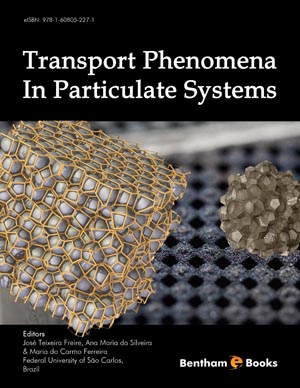Abstract
Smart materials are the name given to materials that can alter their properties
on the application of external stimuli. Devices using smart materials might replace
more conventional technologies in a variety of fields. Smart materials are attractive due
to their lightweight, sensing capability, lower component size, and complexity
combined with design flexibility, functionality, and reliability. A smart material is an
object which is susceptible to undergoing a material property change and shows a
visual and tangible reaction to external stimuli. Proper execution of smart materials will
provide a level of environmental robustness that is not easily achieved through
conventional technologies as they are susceptible to the influences of nature. One
concept which includes the futuristic application of smart materials is the utilization of
smart materials in the transportation sector using shape-memory alloys and
piezoelectricity. Although the applications of smart materials are far-reaching, a greater
dependency on them is prevented by certain drawbacks that need to be addressed if
utilization of smart materials is to be accomplished, such as system compatibility,
availability, cost, delicateness, decreased performance over time, difficulties with
integration and toxicity.













